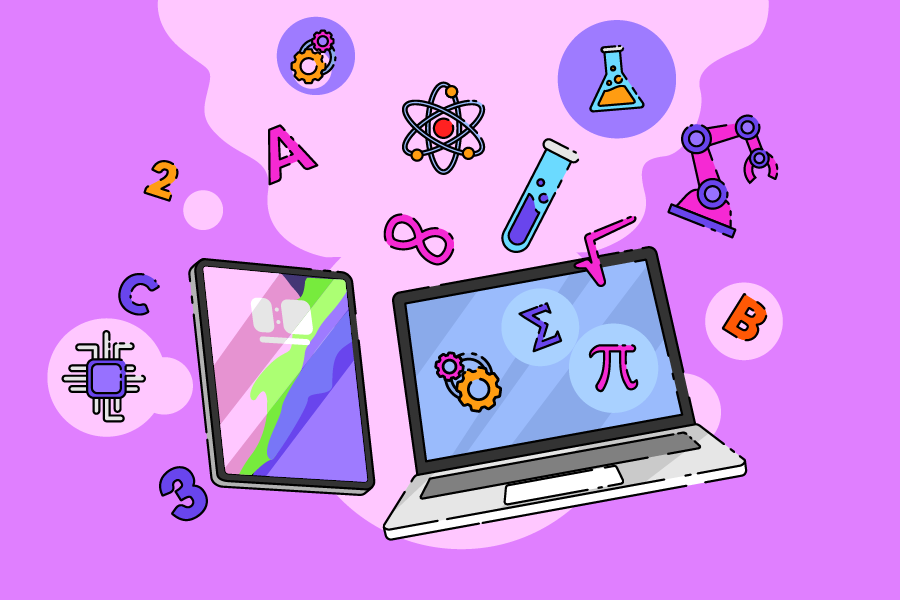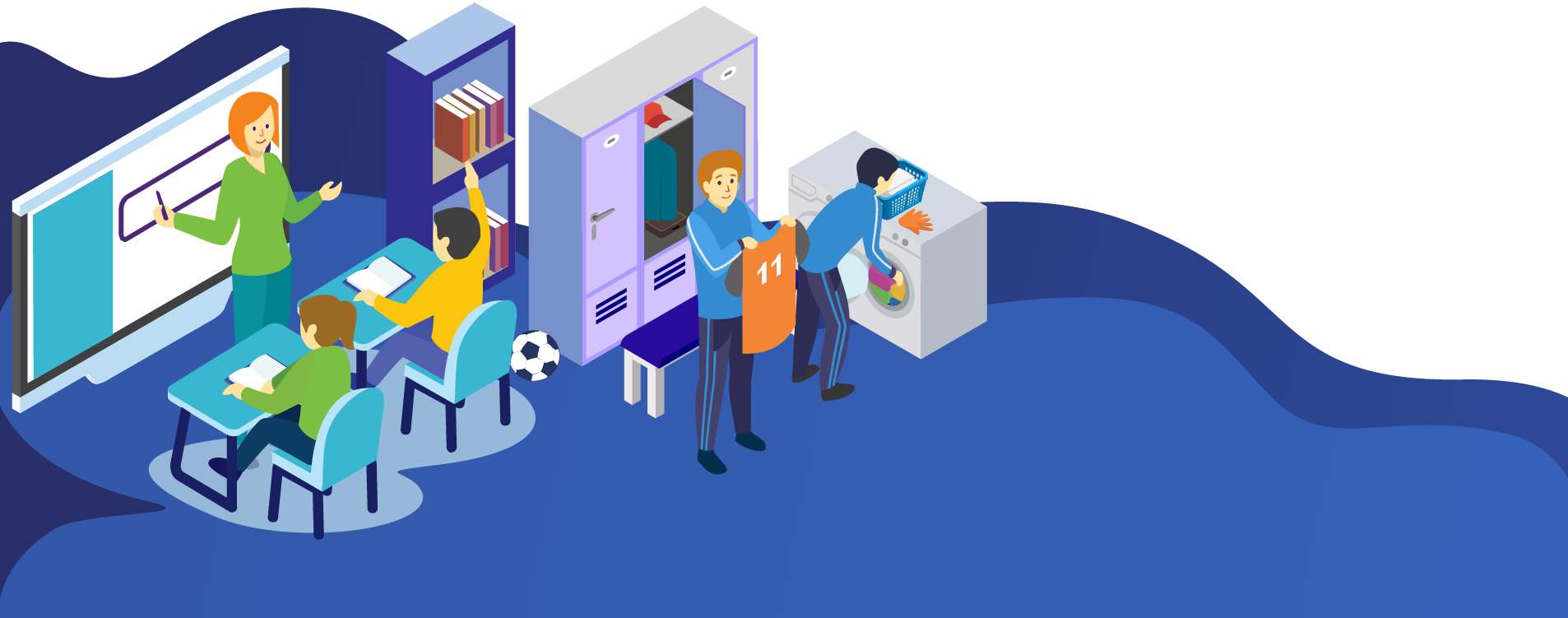The campaign to get iPads and laptops to disadvantaged children
In this article, we discuss initiatives to bridge the digital divide and provide iPads and laptops to disadvantaged children and families across the country.

As part of its COVID-19 response, the Department for Education (DfE) aims to provide over 200,000 laptops and tablets to disadvantaged families. It also wants to provide high speed Internet access. The idea is to tackle the digital divide, and make sure all children have the iPads and laptops they need to learn online.
So, who has contributed to this campaign?
National schemes to provide iPads and laptops
According to recent estimates, around one million families in the UK lack a proper digital device or decent Internet connection at home. The lock-down has exposed the inequalities in our society including digital access.
A range of organisations have taken part in the scheme, helping to raise awareness, generate funds and collect donations in support of this important issue. They include:
1) Birmingham Education Partnership (BEP)
An estimated 5,000 kids in Birmingham are experiencing digital poverty. The BEP seeks to tackle this issue by making digital learning accessible to all children. The Partnership has been raising funds and collecting donated devices. It has also refurbished Chromebooks to give to kids from disadvantaged backgrounds.
BT joined forces with the DfE to provide disadvantaged families with six months’ free Internet access. Access is granted using a voucher which directs users to a range of useful online resources such as BT’s Barefoot learning programme and BBC Bitesize. BT launched the scheme on 16 June and the DfE is distributing the vouchers.
Future Dot Now is an organisation supported by the Department for Digital Culture, Media and Sport. Its ‘DevicesDotNow’ initiative donates iPads and laptops, smartphones, sim cards, portable hotspots, dongles to digitally excluded households.
The Good Things Foundation has distributed digital devices and Internet access to over 400 disadvantaged families. With its ‘Connecting Families’ programme, the organisation aims to supply a minimum of 200 devices to struggling families across the UK. The Foundation wants to help families avoid the often-sad situations that can occur when Internet access is a problem. (For example, families having to go without free school meals because they can’t get online to claim food vouchers.)
5) Digital Access for All (DAFA)
The DAFA initiative seeks to support schools long-term to “deliver learning in a way which is truly resilient and effective”. It gives support to whoever needs it most, whether that’s a school or an individual family. It also supports independent and government initiatives.
There’s little doubt of the importance of technology in the country’s response to the pandemic. Devices like iPads and laptops have provided social and educational opportunities for millions of people. With more initiatives like the above, the digital divide in society may soon be a thing of the past!
If your school wants to upgrade its iPads or laptops, contact our expert team!
Tags
Similar Articles
How to use Chromebooks in your classroom
Chromebooks plus the power of cloud computing add up to top marks in the classroom. Known for their simplicity and…
How schools can use EdTech to help students catch up
After the pandemic, schools are now focusing on how to help students catch up. EdTech has a major role to play



